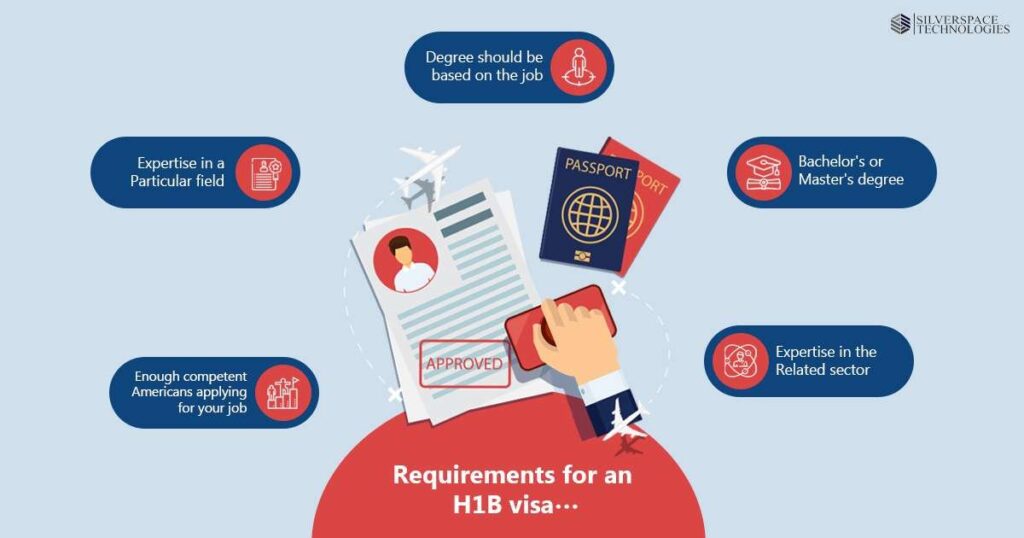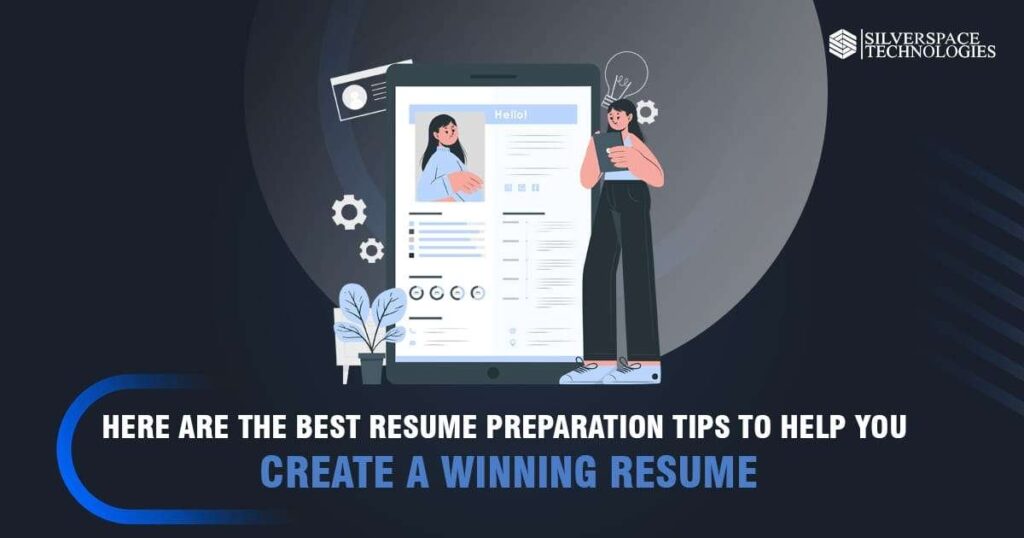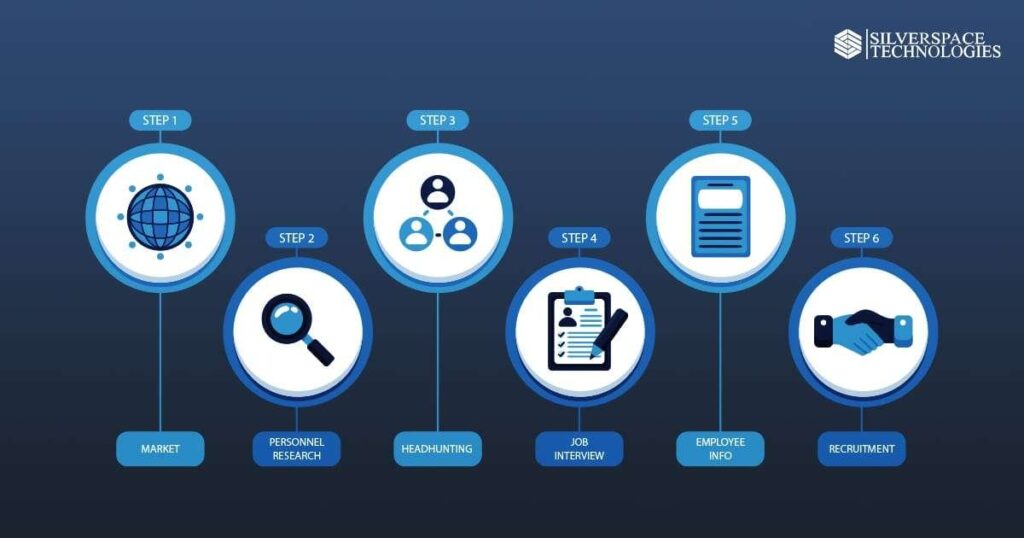
The H-1B visa is one of the most desired among immigrants seeking employment in the USA. Corporations in the USA take part in the H-1B random draw every year in order to hire a qualified foreign worker for their company. The United States Citizenship and Immigration Services (USCIS) oversees the entire system. Despite a cap on allocations, there has been an increase in applications for this visa recently.
What exactly is an H1B visa?
In plain English, it’s the job sponsorship that an immigrant worker receives from his company to work in the USA if the employer cannot find a qualified American employee in the same field. This work visa is subject to a number of conditions. Each year, thousands of individuals apply for it; some are chosen, while others are rejected.
Your ability to obtain this visa is contingent upon obtaining a work offer from a U.S. company for a position requiring specialized knowledge. Your certifications demonstrate your qualifications. Additionally, the business must be able to demonstrate a dearth of qualified American candidates for that specific position.
Requirements for an H1B visa…
- It is necessary to have a bachelor’s or master’s degree (or the equivalent in another nation).
- Extensive expertise in the related sector.
- The necessary degree should be determined by the position.
- Professional expertise in a particular field.
- There aren’t enough qualified Americans applying for your post.
As long as they have the necessary valid documentation to verify it, a candidate with 12 years of specialized work experience has fewer requirements to meet. The following fields are included in the specialized fields:
• Business Specialties, Engineering, Law, Health and Medical, Research.
Additional supporting documentation is needed to obtain an H1B visa.
- Translations of educational materials into English.
- Correctly updated CV or resume.
- Passport copies to have.
- The licenses you need to continue working in the United States.
- Copies of the paperwork relating to U.S. immigration that is required.
- Copies of the most recent study documents from the US.
You can move on with applying for an H1B visa if the applicant and the company successfully fulfill all of the aforementioned conditions.
The application procedure is in detail:
- In order to proceed with your application, you must first register with US Citizenship and Immigration Services (USCIS).
- Depending on the rise in demand, there is a cap for this visa. The current maximum is 65,000 applications per year, and if you have a master’s degree from a U.S. college, you’re lucky enough to receive an additional 20,000. You can thus use the 85000 limitations if you satisfy both requirements.
- If the H1B visa cap is in effect, the USCIS application must be submitted electronically in order to be eligible for the lottery.
- You need to register for a USCIS online account.
- After paying the registration cost, those who already have a profile must create one again in order to register.
- When both personal information and details about the sponsor are needed.
- There is also the option to register and set up an account with a lawyer.
- The total registration period is just 14 days, thus applicants who are under the cap must submit their applications precisely within this window.
After logging into your account, you can check your status. The following categories display the account status:
- Submitted: Following successful registration and submission.
- Selected: H1B visa application is permitted.
- Denied: USCIS frequently deems applications submitted under the same sponsor as invalid.
- Not Selected: This time, your application was turned down.
- Invalidated-Failed Payment: Form denied because the payment was not successful. To apply for the next round, you must be chosen at this point.
After selection, the process:
Your employer may submit the appeal on your behalf after you’ve made your choice. Your employer must submit an LCA (Labor Condition Application) to the Department of Labor (DoL) for certification in order to do this. To ensure that your employment conditions do not adversely affect any other employees, LCA guarantees that your company will pay you the same wage as other identically qualified workers in that area.
Your employer will complete Form I-129, register for a non-immigrant employee, and submit both Forms LCA and I-129 to USCIS together with the necessary fees and supporting documentation after the LCA has been certified.
Following the approval of your form I-129, you have the following two options, depending on your easy accessibility in the US.
- If you are outside of the USA, you must apply for consular processing. Apply for this using form DS-160. It involves paying a fee and scheduling an interview at the U.S. Embassy or Consulate close to where you live.
- If you are on another visa, you must wait until it becomes active before beginning to work on an H1B visa.
Documents needed for the interview.
- A valid passport.
- A copy of the confirmation page for form DS-160.
- A certified I-129 and I-797 copy.
- Receipts for payments made in full for applications.
- A passport-sized photograph that complies with U.S. State Department standards.
Prepare for an interview based on your travel and profile.
If there is a needed vacancy in the market, our Silverspace Technologies Mentors can aid you with advice on H1B and other immigration issues as well as help you get placed in the desired dream job of your choosing.

